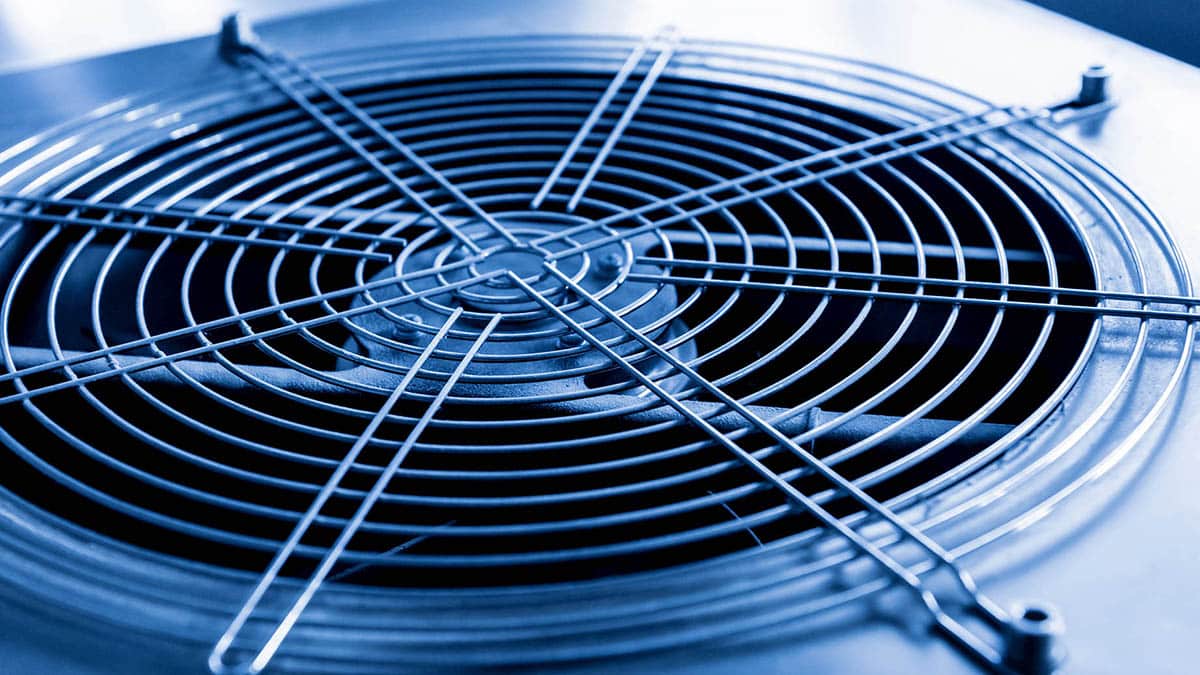
7 Common RV Air Conditioning Problems For Arizona Travelers
In Phoenix, recreational vehicles (RVs) are wildly popular. Tourists, seasonal snow birds and permanent desert dwellers all enjoy the advantages of a home-on-wheels in the Valley of the Sun. But if you’re going to be traveling in Arizona, you better make sure you’re able to cool off. So we thought we’d discuss some of the common RV air conditioning problems before the summer comes to a close.
What Could Go Wrong With the Camper AC?
Whether you own a 15-foot travel trailer or a decked-out motorhome, nearly every RV AC unit is positioned on the roof with similar schematics. But since we only specialize in home and commercial cooling systems, we recommend that you always check with your manufacturer or an RV specialist before making any major adjustments or repairs.
With that being said, the purpose of this article is to help our traveling customers understand what could go wrong while on the road. Preventing heated situations is never a bad thing. We’ll also provide some simple troubleshooting tips on how to diagnose minor cooling issues without breaking much of a sweat.
1. The Air Conditioner is Leaking
Most people typically run into this problem when their RV AC unit has accumulated debri in the drain pan, the drain pipe is clogged or the gasket is loose. In order for the system to work, the evaporator has to be able to transfer the condensation it collects into the drain pan and out through the drain pipe.
When the drain pan can’t properly distribute water from the evaporator coil onto small holes on the roof, then it leaks inside the RV. The same thing occurs when the rubber gasket isn’t properly sealed or the bolts are loose.
Be Sure to Avoid Long Term Cooling Problems
No matter how small the leak may seem, this is one of the common RV air conditioning problems that shouldn’t be ignored. As you notice water leaking into the cabin, get it repaired. Cleaning out a drain pan and pipe or replacing a gasket is pretty low maintenance. Unless the system needs to be replaced, it’s usually a cheap fix.
At the same time, consider all elements before making any assumptions. If the leak only occurs when it’s raining, then the camper air conditioner is probably not the culprit. Nonetheless, be careful how you address the issue. If you end up guessing and sealing the drain holes, then you’re only going to make the leak worse.
2. Stench Coming From the Unit
Just like a central air conditioner, RV systems can also exude foul smells when they’re not taken care of properly. This usually occurs when filters aren’t regularly cleaned or replaced (if applicable). Using an air compressor or water hose to spray out dust and debri should make a difference. If not, the stench has gotten into the radiator and that will need to be cleaned as well.
3. The AC Unit Is Blowing Hot Air
Unless you have an old or damaged RV, it’s not very common for its AC unit to just stop cooling. So if the portable system is pushing out hot air, then the first thing you’ll want to do is check the thermostat. Like many of our residential clients, temperature settings are sometimes altered. Otherwise the system is often in the “off” or “fan” position.
If this checks out, you’ll want to make sure you have ample power to run the cooling system. AC systems that require 50 amps aren’t going to work with a 30 amp plugin. When this isn’t the case, and the fuses are fine, then you may be dealing with a broken thermostat.
Bad Controls Can Lead to a Bad Diagnosis
While this is not that big of a deal, it can be one of the most frustrating RV air conditioning problems. In order to test this, try disconnecting the wires that lead to the thermostat and plug them into each other (bypassing your controls). If the RV AC unit starts to blow cold air then you most certainly need a new thermostat.
4. Camper AC Isn’t Turning On
At the end of the day, most of the common RV air conditioning problems stem from the simplest of things. So when the cooling system isn’t turning on, there’s no need to assume it’s broken. Since many of the newer models come with remotes, consider adding new batteries or buying a new one. If this doesn’t do the trick, check the power.
Unless the RV is extremely old or bad wiring was installed, there’s no reason why it shouldn’t turn on. Don’t be too embarrassed when you figure it. Thousands of travelers run into this problem every year.
5. Cooling Process Won’t Turn Off
On the flip side, another common issue with RV AC units is a constant wave of cool air. Unfortunately, this isn’t as easy or cheap of a fix as the aforementioned problems. While the thermostat could be the source, a busted circuit board is normally the root of the problem. In this case, you’ll want to hire a professional so you don’t damage the unit or decrease its lifespan.
6. Ice Covering the RV AC Unit
Just like any other type of air conditioning system, signs of frozen residue on the outside of the unit should tell you something is wrong. This means there is either a leak or inadequate freon levels. While it may not seem to be the biggest of RV air conditioning problems, it should be addressed rather quickly. The good news is, it’s pretty easy to add freon or address a leak.
7. AC Motor is Unusually Loud
For the most part, portable air conditioners for camper trailers or motorhomes are fairly quiet. But when they aren’t running smoothly and making a lot of noise, then the rubber shock absorbers are probably loose or improperly installed. The cause can be difficult to pinpoint if you’re using the AC for the first time in a while.
The best way to avoid a loud unit is to test the equipment right after anything is done to the roof – where the AC may have been altered. In order to eliminate the problem, you’ll have to remove the AC shroud, locate the rubber shock absorber and ensure they don’t rub against the compressor coils or fan.
Annoying RV AC Units Can Be Costly to Fix
If this doesn’t fix the issue, then you might be forced to replace the fan motor, buy a noise reducing silencer kit or loosen the mounting just to quiet things down. Obviously, hiring a professional to do these things will help you avoid errors. Otherwise you could be faced with installing a new one.
Canyon State Cares About Your Cooling
Working with an expert to manage your central heating and cooling system is just as important as quality RV AC service. Nonetheless, preventative maintenance is the best way to avoid higher costs and low efficiency for any cooling system.
A trustworthy technician is invaluable. This is why we take a lot of pride in the way we treat our customers and their air conditioners.
Although there are plenty of companies to choose from, we hope you consider the family values of Canyon State AC, Heating and Plumbing. In the meantime, if you’ve experienced any RV air conditioning problems that weren’t listed, feel free to share below!
![7 Common RV Air Conditioning Problems For Arizona Travelers 2 The Importance of Professional HVAC Installation in [target_location]](https://canyonstateac.com/wp-content/uploads/sites/34/2024/10/professional-hvac-installation-1200-500x383.jpg)
